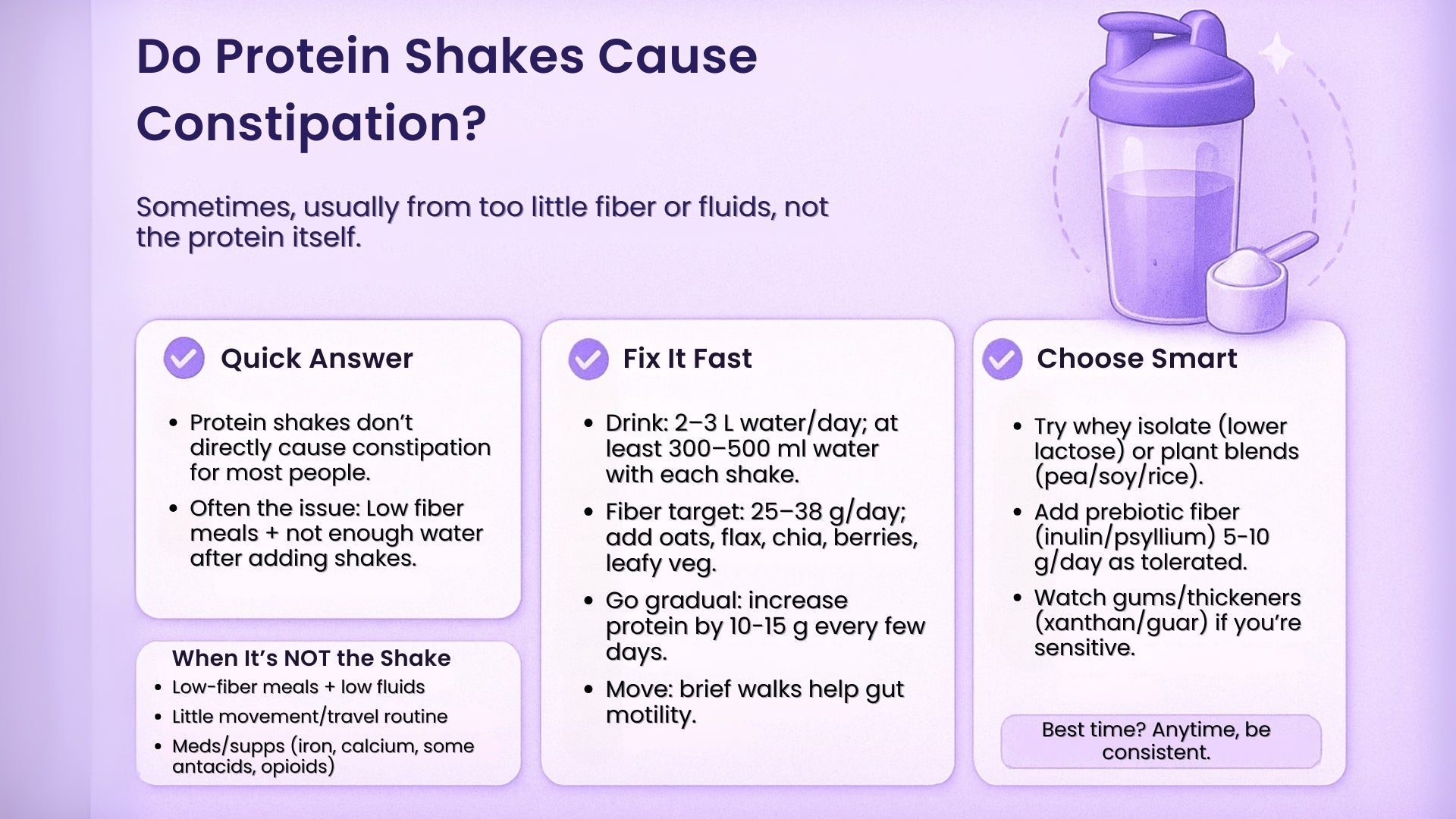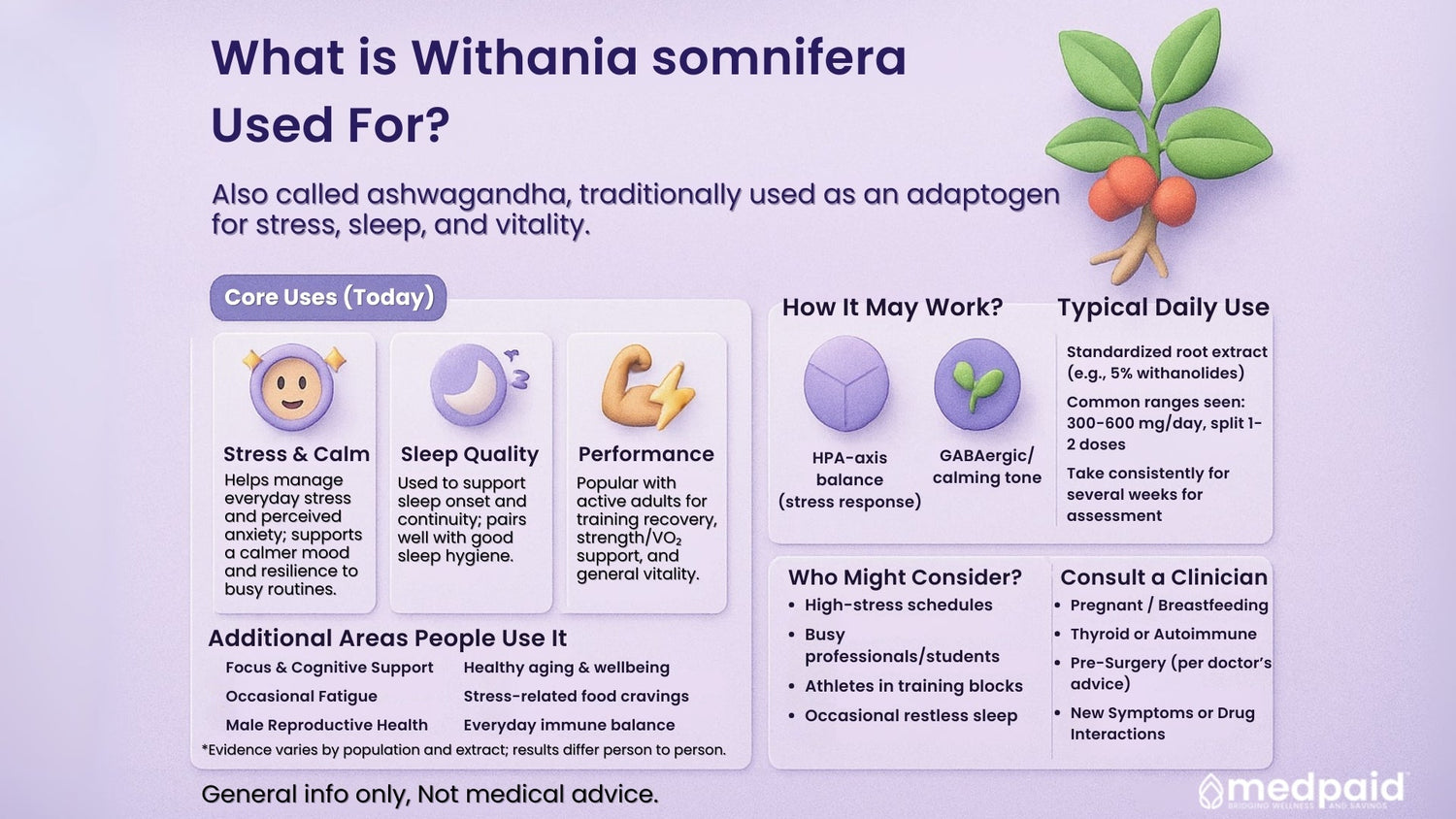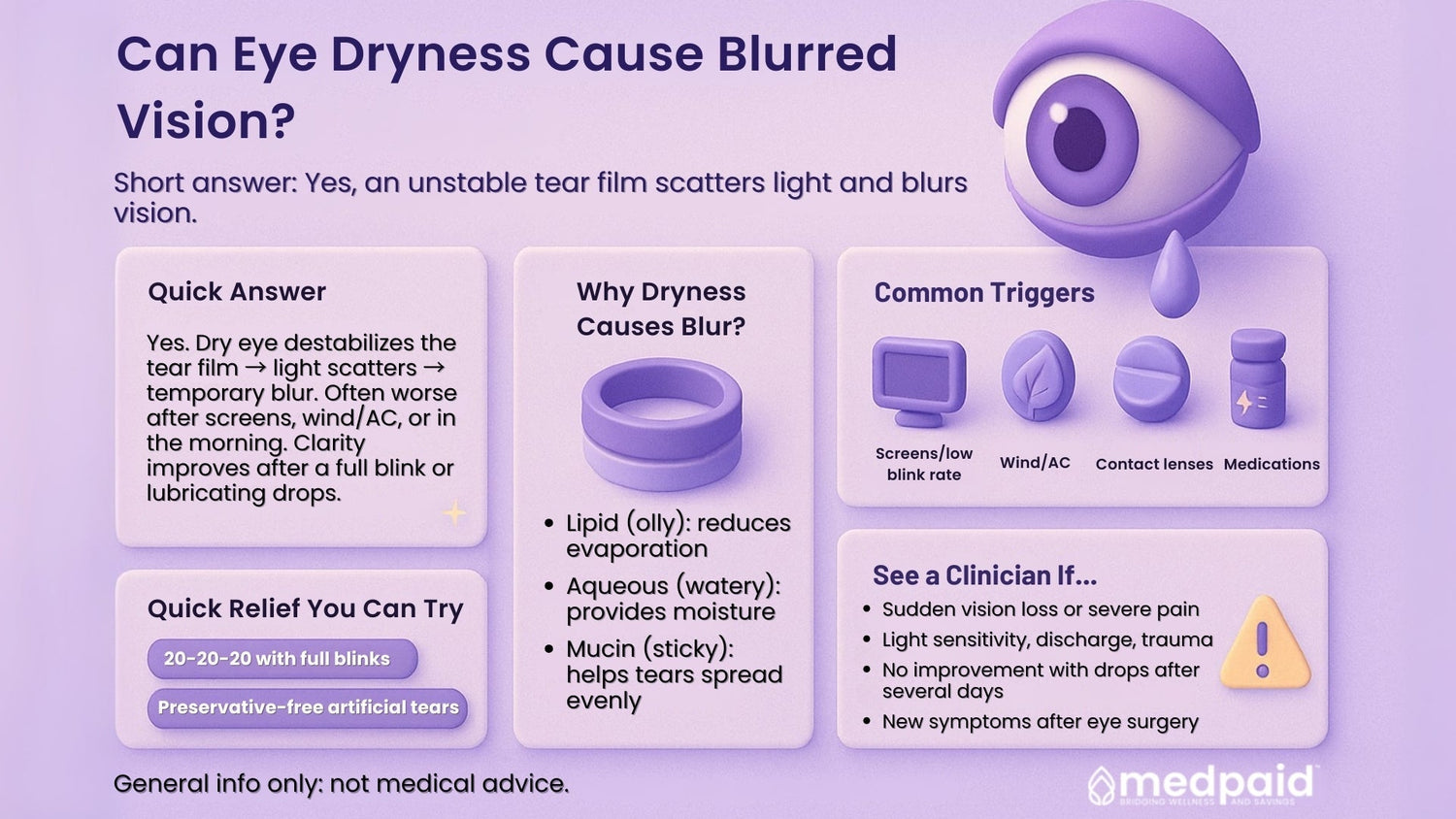Protein shakes have become a convenient way to boost daily protein intake, whether you’re fuelling a workout or trying to meet higher protein needs during pregnancy. Medpaid stocks a wide range of protein powders and meal replacements, so it’s natural to wonder whether these supplements might be behind digestive discomfort. The short answer is that protein itself doesn’t cause constipation; it’s an unbalanced diet that’s often to blame. High protein, low carbohydrate diets can crowd out fibre rich foods, leading to hard stools, sluggish bowel movements and a host of other digestive issues. This article looks at why constipation sometimes happens when drinking protein shakes, offers ways to prevent it and addresses related questions about weight loss timing, pregnancy and meal replacement shakes.
Why would Protein Shakes be Linked with Constipation?
Lack of Fibre
Constipation is usually related to inadequate fibre intake. Adults need about 30 g of dietary fibre per day, but high protein diets often displace fibre rich foods like whole grains, legumes and fruits. Without enough fibre, stools lose bulk and move more slowly through the digestive tract. Even though protein shakes provide amino acids, most contain little or no fibre, and high protein, low carb diets can reduce regularity. On the other hand, plant based protein sources such as beans provide both protein and soluble fibre; kidney beans, for example, offer almost 8 g of fibre per half cup. If you frequently rely on shakes, consider adding fibre by eating fruit, vegetables, whole grains and legumes or choosing powders blended with whole food ingredients. You can also look at products like the Plant Based Sport Protein or 100 % Plant Protein Powder from our site, as plant based blends often contain natural fibre.
Dehydration
Protein metabolism requires water, and the kidneys need extra fluid to clear the by products of protein digestion. Not drinking enough water can slow bowel movements and contribute to constipation. Aim for at least 8-10 glasses of water per day, and remember that when you increase fibre you also need to increase fluid intake. A helpful strategy is to drink a glass of water along with your shake and carry a bottle throughout the day. Hydration tools like a reusable bottle are also available in our Protein Powders & Meal Replacements collection.
Ultra processed Powders and Sweeteners
Some ready made shakes and bars contain artificial sweeteners, sugar alcohols or thickening agents that can disrupt the gut microbiome. Consuming many ultra processed foods has been linked to changes in gut bacteria and worsening constipation. Choosing minimally processed powders and mixing them with whole food ingredients (fresh fruit, nut butters, oats) can reduce this risk. For example, Grass Fed Whey Protein Isolate Powder offers high quality protein with fewer fillers, while VitaHustle Superfood Protein Vanilla Powder blends protein with superfoods and adaptogens for added nutrients.
Milk Proteins and Lactose
Although there’s no direct evidence that protein shakes cause constipation, some components of dairy based powders may contribute. Casein (a milk protein) contains A1 beta casein, which research suggests can slow intestinal transit. The interaction of milk fats with calcium may also harden stools, and people with lactose intolerance sometimes experience bloating or constipation because gut bacteria produce methane when digesting lactose. If you notice constipation after using casein or whey concentrate, switch to whey protein isolate (which contains minimal lactose and fat) or a plant based powder like Ancient Nutrition Multi Collagen Protein Powder, Plant Based Meal Replacement or our vegan Active Protein blend.
Insufficient Physical Activity
Regular movement helps stimulate intestinal contractions and keeps bowels moving. Being sedentary while consuming a high protein diet can therefore worsen constipation. Incorporate daily walking, stretching or strength training. Balanced lifestyle articles like Maximizing Your HSA/FSA: The Top Supplements to Consider explore how to support overall wellness.
How to Prevent Constipation when Drinking Protein Shakes?
-
Prioritise fibre rich foods. Plan meals around vegetables, fruits, whole grains and legumes. Adults should consume 22-34 g of fibre per day, according to the National Institute of Diabetes and Digestive and Kidney Diseases. Add spinach, berries or oats to your shake, stir chia or flax seeds into yoghurt and enjoy salads or soups with beans.
-
Stay hydrated. Drink water throughout the day and with every shake. Herbal teas and diluted fruit juices count, but avoid drinks high in sugar. Products like VitaHustle Superfood Protein and 100 % Plant Protein 10 Travel Packs can be mixed with water or unsweetened plant milks.
-
Choose plant based or whey isolate powders. Plant proteins naturally contain fibre and are easier on digestion. Whey isolates remove most lactose and fat, reducing the risk of casein related constipation. Explore options like Plant Based Sport Protein, Ancient Nutrition Multi Collagen and Grass Fed Whey Protein Isolate.
-
Limit ultra processed shakes. Avoid products with sugar alcohols and artificial sweeteners. Our Compare method helps you evaluate ingredient profiles before buying.
-
Be active. Even light exercise increases gut motility. Walking after meals and staying consistent with workouts can make a big difference.
-
Seek medical advice when needed. If constipation persists for more than five days, or if you experience abdominal pain, bloating or vomiting, consult a healthcare professional. Some of our blog posts, such as Understanding the Power of a Letter of Medical Necessity for HSA/FSA, explain how to obtain reimbursement for doctor recommended supplements.
When Should Women Drink Protein Shakes for Weight Loss?
There’s no gender specific magic window, but studies suggest drinking a protein shake within one hour after a workout supports muscle recovery, helps maintain lean mass and promotes satiety. Because protein is filling, having a shake post exercise may prevent overeating and support weight management. Be cautious of weight loss shakes marketed as low carb; many are sweetened with sugar alcohols that can cause bloating. Balance your routine with whole foods and moderate exercise. For convenience, Medpaid offers individually portioned options like 100 % Plant Protein 10 Travel Packs and Active Protein, which fit easily into a post workout routine.
Can you Drink Protein Shakes While Pregnant?
Yes, pregnant women can use protein shakes to help meet increased protein requirements, about 80 g per day in the first trimester and 100 g in the second and third trimesters. Shakes may be useful when morning sickness or food aversions make it hard to eat enough protein. Choose powders that are low in additives, caffeine free and free of herbal stimulants. Add fruits, vegetables, avocado or nut butter to boost fibre and healthy fats, making the shake a more balanced meal. Products like Momentous Whey Protein Isolate and Plant Based Meal Replacement have straightforward ingredient lists; always compare them against prenatal vitamins and consult your doctor. For additional insights, see our blog Can You Take Prenatal Vitamins Without Being Pregnant?
Can a Protein Shake Replace a Meal?
Protein shakes are not complete meals by default. They typically provide amino acids but lack the carbohydrate, fat, fibre and micronutrient balance of a whole meal. Replacing a meal with a shake may temporarily reduce calorie intake, but long term reliance can lead to nutrient gaps and may hinder weight loss maintenance once you return to regular eating. If you occasionally replace a meal, opt for meal replacement shakes that include vitamins, minerals, healthy fats and fibre. Medpaid’s Plant Based Meal Replacement and Active Protein are formulated as more balanced options. For general nutrition guidance, read our article How to Get Reimbursed for Wellness Products with HSA or FSA and explore the Best Vitamins for Hair Growth for inspiration on supplementing whole food diets.
Protein shakes themselves do not inherently cause constipation. Problems arise when shakes replace fibre rich foods, when you’re dehydrated or when you rely on heavily processed powders. By choosing high quality protein powders, prioritising plant based sources, staying hydrated and maintaining physical activity, you can reap the benefits of protein supplementation without sacrificing digestive health. Incorporate whole foods into your diet, pay attention to ingredient lists and consult a healthcare professional if digestive issues persist. With mindful choices, products from Medpaid can support your wellness journey without leaving you feeling blocked.
















